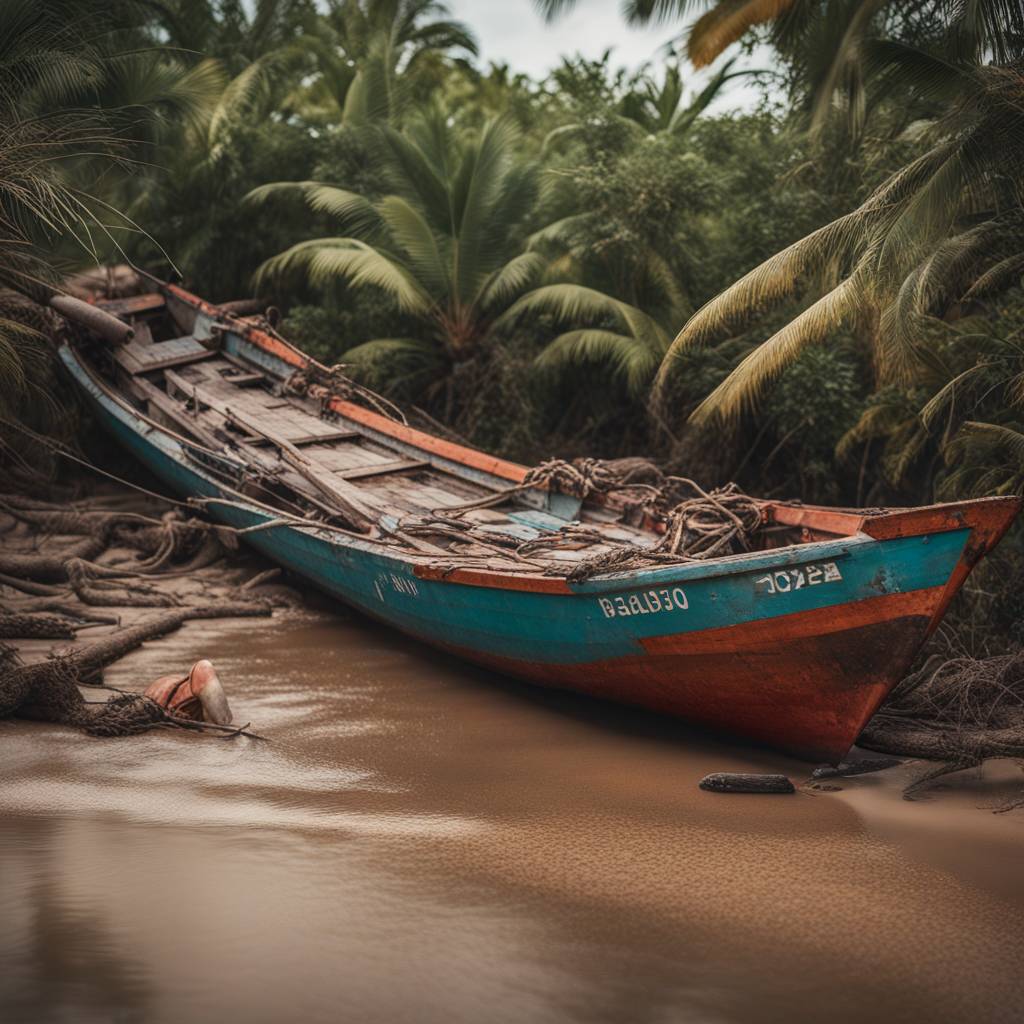At least 94 people, including children, have died and 26 others are missing after a ferry boat capsized off the northern coast of Mozambique. The vessel was an overloaded fishing boat that was not licensed to transport people, according to Lourenco Machado, an administrator of the country’s Maritime Transport Institute. The boat was ferrying people from Lunga in Nampula province to the Island of Mozambique when it capsized, with initial reports suggesting it was hit by a tidal wave.
Most of the passengers on board were trying to escape the mainland due to panic caused by disinformation about cholera, according to Nampula’s Secretary of State, Jaime Neto. State broadcaster TVM quoted a local maritime administrator as saying the passengers were fleeing a cholera outbreak. Neto also stated that the passengers were escaping cholera, with many children among the dead. Videos posted on social media showed many bodies on a beach and people carrying the bodies of children, though the Reuters news agency could not immediately verify these videos. Mozambique, one of the world’s poorest countries, has recorded almost 15,000 cases of waterborne disease and 32 deaths since October, according to government data.
The tragic incident highlights the dangerous conditions faced by many people in Mozambique, who are willing to risk overcrowded and unseaworthy vessels in order to escape outbreaks of cholera and other waterborne diseases. The lack of access to accurate information and safe transportation options exacerbates the risks faced by those seeking to flee affected areas. The country’s high number of cases of waterborne diseases indicates a broader public health crisis that requires urgent attention and resources to prevent further loss of life.
The ferry boat tragedy off the northern coast of Mozambique serves as a stark reminder of the consequences of misinformation and inadequate infrastructure in the country. This incident underscores the need for improved communication strategies and measures to ensure the safety of individuals seeking to escape health crises. The government must take decisive actions to address the underlying issues contributing to the spread of waterborne diseases and prevent similar tragedies from occurring in the future.
Efforts should be made to provide accurate and timely information to communities affected by cholera outbreaks, as well as to improve access to safe and regulated transportation options for those seeking to escape affected areas. The enforcement of licensing and safety regulations for vessels carrying passengers is essential to prevent future maritime disasters and protect the lives of those at risk. The international community should also support Mozambique in addressing its public health challenges and improving the overall safety and well-being of its population.
In the aftermath of the ferry boat tragedy, an investigation should be conducted to determine the factors that led to the capsizing of the vessel and the high number of casualties. Accountability measures should be implemented to ensure that those responsible for operating unsafe vessels are held accountable for their actions. The government must also work to strengthen its public health infrastructure and response capabilities to effectively address cholera outbreaks and other waterborne diseases in the future. Swift and coordinated efforts are needed to prevent similar incidents and protect the lives of vulnerable populations in Mozambique.
The tragic loss of life in the ferry boat capsizing off the coast of Mozambique serves as a poignant reminder of the urgent need to address public health crises and improve safety measures in the country. The government, in collaboration with international partners, must work to prevent the spread of waterborne diseases and provide essential support to affected communities. By addressing the root causes of these crises and implementing measures to enhance public health and transportation infrastructure, Mozambique can avoid future tragedies and protect the well-being of its population. It is imperative that swift action is taken to prevent similar incidents and ensure the safety and security of those at risk in the country.













